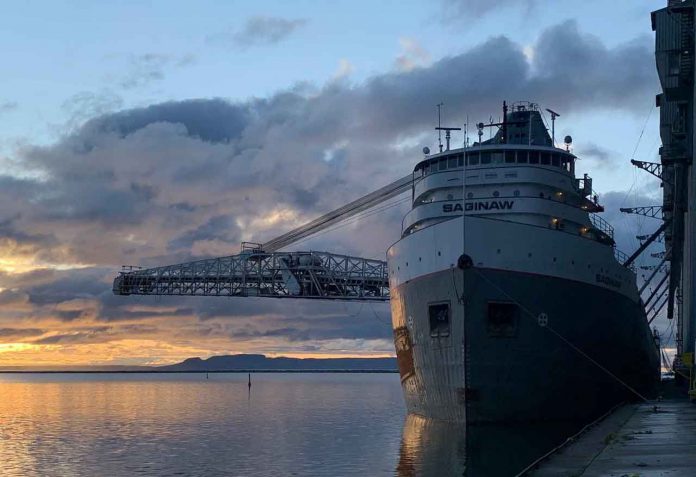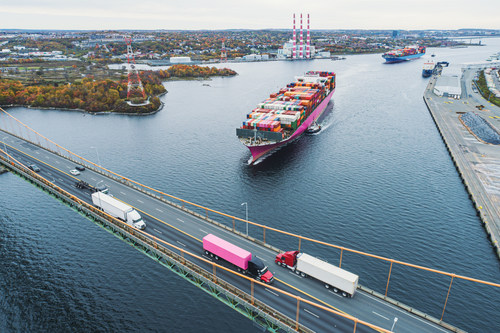Whether it’s a shortage of children’s Tylenol or delays in getting new vehicles, Canadians are increasingly aware of the impact on their lives by the relentless supply chain crunch.
The fourth Canada-wide survey by the Angus Reid Institute, in partnership with Clear Seas Centre for Responsible Marine Shipping (Clear Seas), finds a growing proportion of Canadians mindful of the crucial role marine shipping plays in delivering goods.
A stubborn feature of the pandemic has been the relentless congestion in the supply chain that has affected trade networks and consumers around the globe. As a result, Canadians are much more aware of the fact that 70 to 80% of materials and consumer goods are brought by ship than they have been in recent years.
A third (34%) of Canadians now recognize that most products they use daily are transported by sea, representing a 55% increase in awareness compared to 2020. Global issues such as inflation, Russia’s invasion of Ukraine, and the COVID-19 pandemic have increased their level of consciousness of the workings of the global network of goods.
While 91% of Canadians give the shipping industry a high mark on safety, common concerns about its impact on the environment remain, especially on the issue of marine pollution. Most Canadians still voice concerns over the risk of oil spills and harm to marine life, with an increased concern about waste dumped from ships. Despite those ongoing concerns, fewer Canadians fall into the Cautious Critics group on the Shipping Confidence Index in 2022 than two years ago, when the Index was developed.
A majority (59%) of Canadians think that reducing greenhouse gas emissions from the marine industry is as or more important than other industries. Despite the overall rise in the cost of living, nearly two-thirds (62%) say they would pay more for goods from overseas to reduce or offset emissions.








